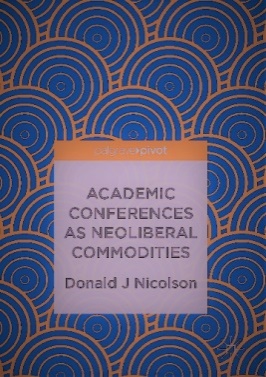Does your research touch on any of the below topics?
POST (Parliamentary Office of Science and Technology) has nine new POSTnotes in production. POST are welcoming contributions from experts within the below fields.
- Blue carbon
- Delivering the Local Nature Recovery Network
- Energy sector digitalisation
- Genome editing and the future of food
- Managing soils for carbon and plant productivity
- Pesticides and health
- Reducing agricultural pressures on freshwater ecosystems
- Space defence
- The impact of early childhood education and care on children’s outcomes
To produce POSTnotes, advisers and fellows talk to a variety of stakeholders from industry, government, academia, and the third sector. These experts help POST identify important themes, point the report authors in the direction of critical literature, and even help POST peer-review the final reports.
On each of the links above there is a contact for the topic. Do get in touch with them to share your research and expertise.
Why should I engage? The POSTnote is POST’s flagship report. It is an impartial, evidenced four-page briefing reviewing emerging areas of research. There are different ways to contribute to a POSTnote as an expert. Researchers can get involved by contributing with literature, with expertise, or as a peer-reviewer. Find out more about why to engage with Parliament here. And find more on engagement for impact here.
More information: You can find the new POST work programme here. And you can read POST’s previous POSTnotes here.
Support resources: View our guidance for expert contributors.
Contact BU’s policy team for more information or support – policy@bournemouth.ac.uk



 Engineering and Physical Sciences Research Challenges in Geological Storage for CCS (PDF 88KB)
Engineering and Physical Sciences Research Challenges in Geological Storage for CCS (PDF 88KB)













 Expand Your Impact: Collaboration and Networking Workshops for Researchers
Expand Your Impact: Collaboration and Networking Workshops for Researchers Visiting Prof. Sujan Marahatta presenting at BU
Visiting Prof. Sujan Marahatta presenting at BU 3C Event: Research Culture, Community & Can you Guess Who? Thursday 26 March 1-2pm
3C Event: Research Culture, Community & Can you Guess Who? Thursday 26 March 1-2pm UKCGE Recognised Research Supervision Programme: Deadline Approaching
UKCGE Recognised Research Supervision Programme: Deadline Approaching ECR Funding Open Call: Research Culture & Community Grant – Apply now
ECR Funding Open Call: Research Culture & Community Grant – Apply now ECR Funding Open Call: Research Culture & Community Grant – Application Deadline Friday 12 December
ECR Funding Open Call: Research Culture & Community Grant – Application Deadline Friday 12 December MSCA Postdoctoral Fellowships 2025 Call
MSCA Postdoctoral Fellowships 2025 Call ERC Advanced Grant 2025 Webinar
ERC Advanced Grant 2025 Webinar Update on UKRO services
Update on UKRO services European research project exploring use of ‘virtual twins’ to better manage metabolic associated fatty liver disease
European research project exploring use of ‘virtual twins’ to better manage metabolic associated fatty liver disease